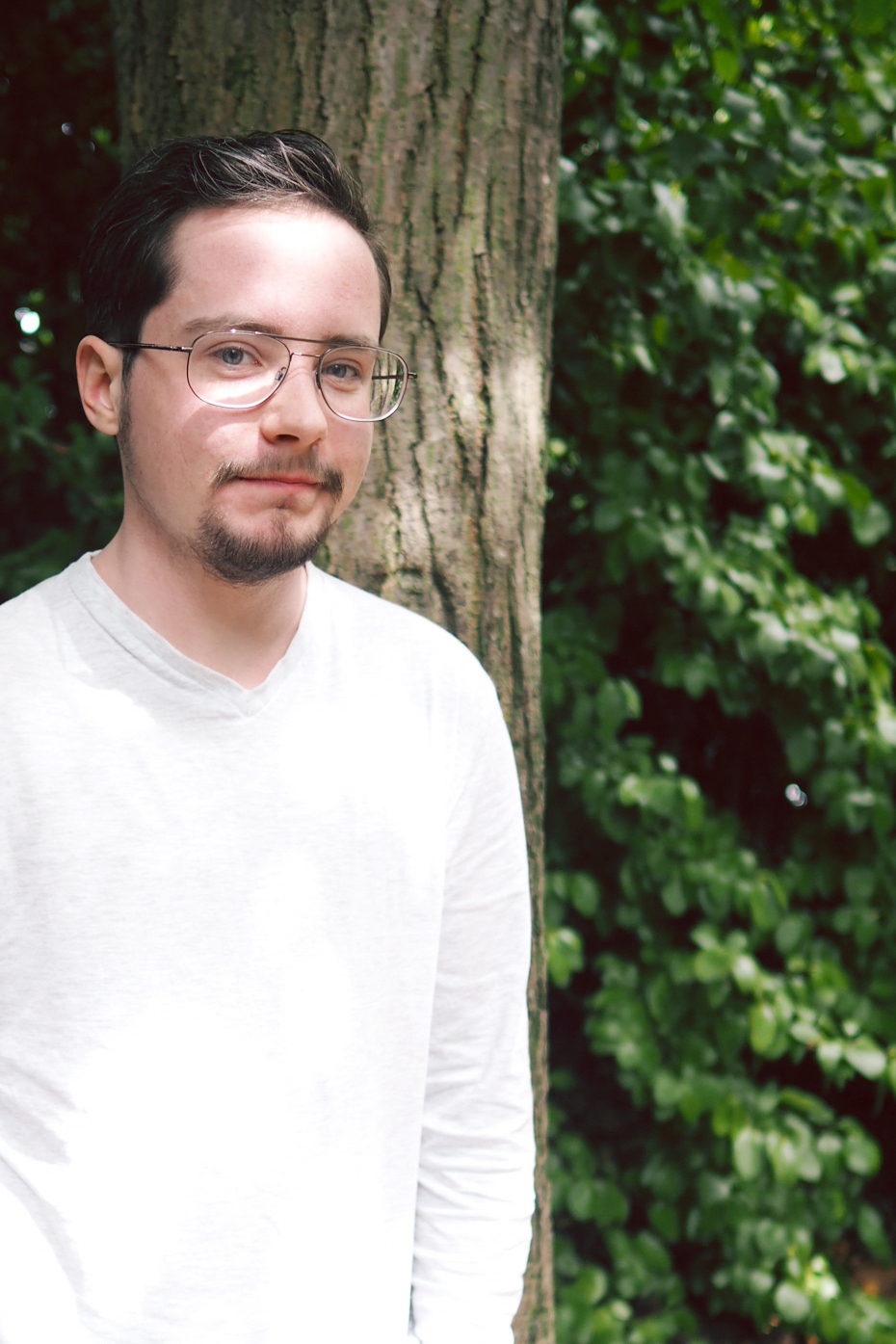Alex Lawson
“If a baby is assigned female at birth, they are groomed to lean towards men. If a baby is assigned male at birth, they are groomed to lean towards women. I had been living this life where it was expected of me to have feelings for men. When I transitioned, it was suddenly expected of me to have feelings for women and only for women – one of the harder things about coming out as trans was the implication that meant for who I could love”. Alex Lawson is a student, activist and a board member of Trans Equality Network Ireland.
My conversation with Alex opens with him retelling his coming out story. For each family member closest to him, revealing his true self returned acceptance of differing shades. For his mother, the root of Alex’s struggle with mental health became clear; acceptance melded with relief that, “she wasn’t to blame – she wasn’t the parent who did something wrong to make her child sick. She clung to that easily and was quick to accept me”. Although Alex describes his father as “a very different story”, he acknowledges progress as progress regardless of pace.
Alex’s grandmother's reaction illustrates the layered nature of queer trans identity: “I’m not juxtaposing gender and sexuality but [their] overlap is very interesting. [When] my dad told my granny that I am Alex now, that I am a man, she took it surprisingly well and just accepted it – if that’s what’s happening then that’s what’s happening. She switched pronouns but she cannot get over the gay thing, ‘ah, you’re a lovely man, you’re doing so well, you’ll have a great woman’ ”. That said, Alex considers himself “lucky” for the relative ease afforded by his binary identity.
The oppression experienced by the trans community from the wider world is an horrendous given – alongside its internalisation: “I recently broke up with my boyfriend and when I kind of worked through the break-up feelings, it was more a sense of relief that I could try and go out with a girl and be a ‘real’ man – something I would subconsciously be thinking”. It takes real effort to criticise and break this pattern of thought and to realise that, “what makes a man a man is that he is a man and nothing else”.
Despite all of this, Alex strives for a good relationship with his transness, focusing on and celebrating those experiences gained: “It can be very easy to be like, ‘oh, I wish I was cis’, and I do wish I was cis a lot of the time. But I wouldn’t have met my best friend if I wasn’t trans, I wouldn’t have had the childhood that I did have if I wasn’t trans”.
Affirmed in his transness, Alex is articulate and authoritative in his advocacy: “People are realising that trans does not equal miserable, it does not equal hating your body, it does not equal hating the world”. Whilst acknowledging the progress stemming from 2015’s [deficient] Gender Recognition Act, Alex has his sights trained on securing the welfare of younger trans people, their protection in legislation and, much more basically – their trust by others.
“There’s coming to be an acceptance that you don’t just turn trans at a certain age, an acceptance that children are the masters of their own experience in the very same way that adults are; that trans kids deserve respect and that level of trust we give the adults to know themselves and that’s really positive”. The very welcome introduction of the Gender Recognition [Amendment] Bill to the Seanad this year reflects this sentiment at policy-making level.
But is that change coming fast enough? For many, probably not. However, Alex has learned to appreciate urgency as just one approach, with a certain amount of peace to be found in accepting the incremental nature of progress – to feel humbled by smaller steps: “The most important thing I’ve learned from transitioning, because transitioning is how I came into being, is to take a step back and take a breath. Remembering to take that breath, to take that time, alleviates a lot of distress – it gives you grounding”.



